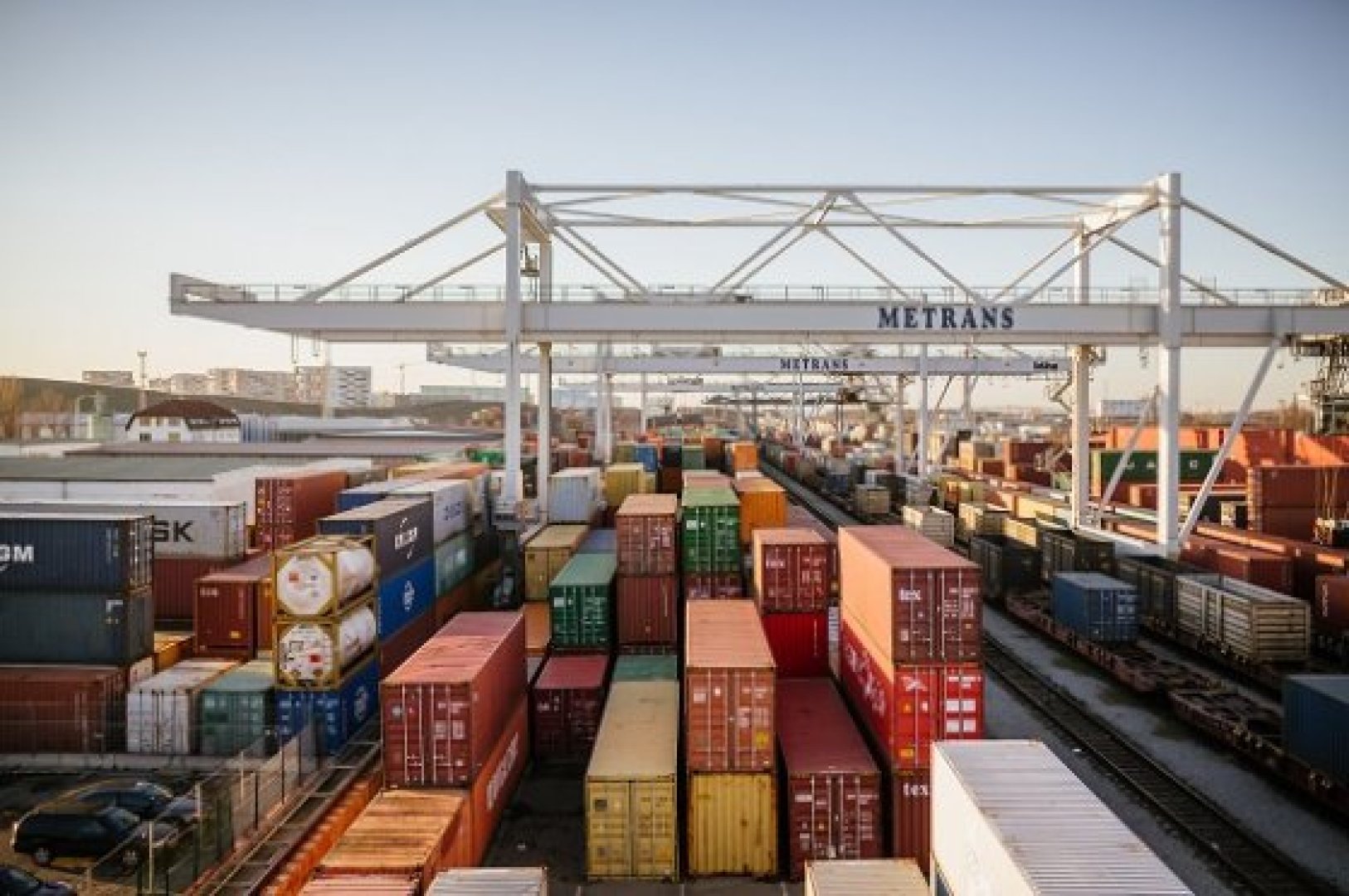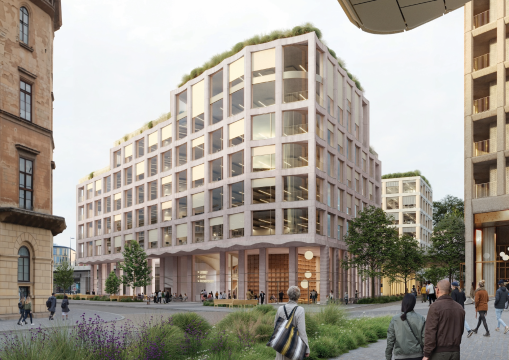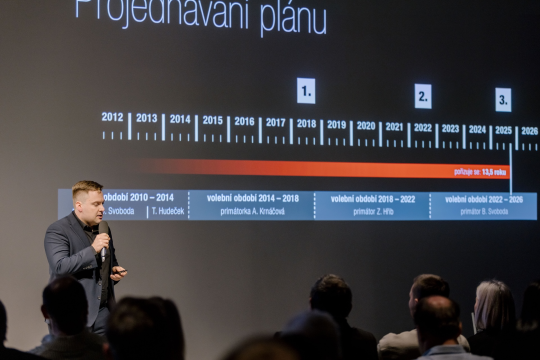New city logistics study recommends innovative solutions for supplying Prague
The Prague City Council has approved the city logistics study authored by the Prague Institute of Planning and Development (IPR Prague). The study proposes solutions for deliveries and freight transport, including the use of municipal depots, cargo bicycles, and new parking solutions for delivery vehicles. Recommendations from the study will be taken onboard by City Hall and the relevant municipal authorities.

The city logistics study proposes efficient solutions for freight transport and deliveries and is intended to serve as a guide for Prague to follow in the coming years.
“Functional cities not only need high-quality public spaces – they also need modern supply systems. The city logistics study gives us an opportunity to significantly shape the city’s supply system and improve conditions for both residents and logistics companies themselves,” says Petr Hlaváček, the deputy mayor responsible for territorial development.
The study identifies a number of current, supply-related problems and proposes potential solutions. For instance, the implementation of lanes that serve different purposes at different times of day could help resolve parking challenges for delivery vehicles. These lanes could be designated exclusively for delivery vehicles at specific times of the day, with other times reserved for other uses, such as residential parking. A mobile application for reserving designated parking spaces for certain times could make this system even more effective.
“Because many of our plans and strategies envisage a reduction of vehicles in the city in the future, this study is crucial. Automobile deliveries in the historical city center, for example, could be replaced with more ecological alternatives such as electric vans. We also need to continue to develop new opportunities for suppliers to use water and rail transport, which we have already begun to do. We plan to supply building materials for the construction of the new philharmonic concert hall, the city ring road, and the Barrandov Bridge reconstruction using waterborne transport,” saysAdam Scheinherr, the deputy mayor responsible for transport.
The study also addresses deliveries to the historic city center by restricting vehicular access to all but resident and delivery vehicles. This recommendation could work in conjunction with tolls for vehicles entering the city center. Cargo bicycles are also mentioned as an alternative to trucks.
Additionally, the study analyzes so-called “micro-depots,” or facilities where goods are transferred from cargo trucks to storage containers and then distributed by cargo bicycles. Meetings were held last year to identify parcels of city-owned land which could accommodate these depots. The parking lots at Těšnov and Bulhar were identified as the most suitable candidates.
“Efficient logistics and a reduction in the adverse effects of deliveries is the correct definition of a SMART solution for the city. If we can innovate city logistics processes in the coming years without compromising the quality of deliveries, we will come closer to achieving the standards of other European cities,” says Ondřej Boháč, director of IPR Prague.
In the coming weeks, Prague City Hall is expected to follow up on the conclusions and recommendations from the study, and it is likely that a new position dedicated exclusively to city logistics solutions will be created.
You can download the study here (CZ only).
Mohlo by Vás také zajímat

Pražany baví participační hra. V roce 2025 se do projektu Tvoje město, Tvůj prostor zapojily skoro tři stovky návštěvníků

Novou Florenc navrhne 15 evropských ateliérů. Praha zná vítězné návrhy mezinárodních architektonických soutěží

